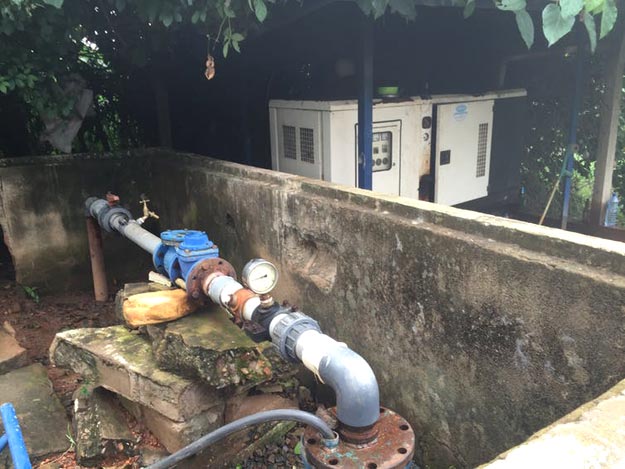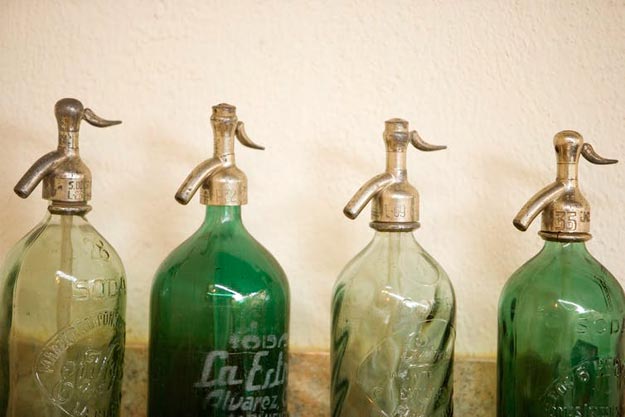Biological oceanography is a field of study that seeks to understand what controls the distribution and abundance of different types of marine life, and how living organisms influence and interact with processes in the oceans.
Biological oceanographers study all forms of life in the oceans, from microscopic plants and animals to fish and whales. In addition, biological oceanographers examine all forms of oceanic processes that involve living organisms. These include processes that occur at molecular scales, such as photosynthesis , respiration, and cycling of essential nutrients , to largescale processes such as effects of ocean currents on marine productivity. Read more












